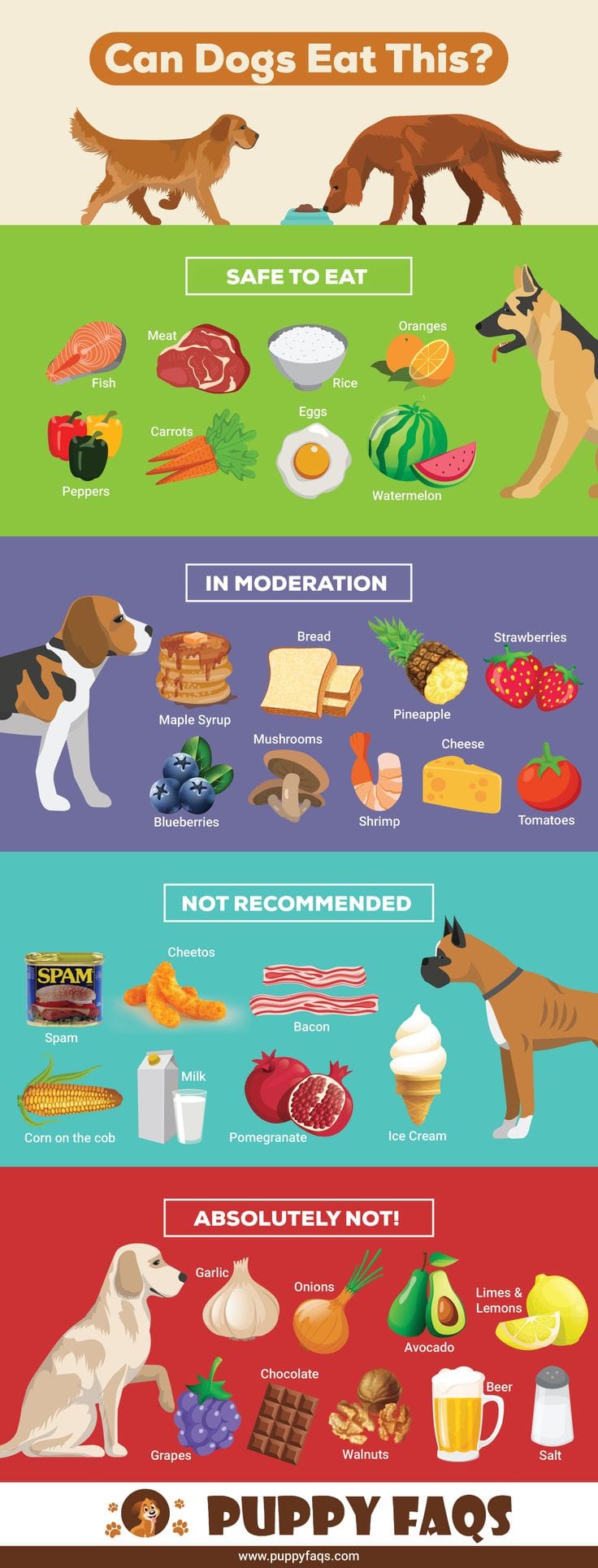As devoted pet parents, we often share our meals with our furry companions, tempted by those pleading puppy-dog eyes. While some human foods are safe for dogs, many can be surprisingly toxic or harmful. Understanding which foods to keep away from your dog is crucial for their health and safety. This guide details common human foods that are dangerous for dogs, ranging from acutely toxic substances to those that can cause significant health problems. Always consult your veterinarian if you suspect your dog has ingested a harmful food.
Foods That Are Highly Toxic to Dogs
These items can cause severe illness or even be fatal if ingested by your dog. Immediate veterinary attention is required if your dog consumes any of these.
Chocolate, Coffee, and Caffeine
These popular stimulants contain methylxanthines, compounds found in cacao seeds that are highly toxic to dogs. Ingestion can lead to a range of severe symptoms, including vomiting, diarrhea, hyperactivity, abnormal heart rhythms, tremors, seizures, and potentially death. The severity of the reaction depends on the size of the dog and the amount consumed. Darker chocolates, like baking chocolate, pose a greater risk due to their higher concentration of methylxanthines compared to milk chocolate or white chocolate. If your dog eats chocolate, coffee, or anything containing caffeine, contact your veterinarian immediately.
Xylitol
Xylitol is a common artificial sweetener found in sugar-free gums, candies, toothpaste, and some baked goods. For dogs, xylitol is extremely toxic. It triggers a rapid release of insulin, leading to a dangerous drop in blood sugar (hypoglycemia). Symptoms can include vomiting, lethargy, loss of coordination, seizures, and liver failure.
Macadamia Nuts
While a delicious snack for humans, macadamia nuts are toxic to dogs. Even a small amount can cause weakness, vomiting, tremors, depression, and an elevated body temperature. The exact toxic component is unknown, but it’s best to avoid them entirely.
Grapes and Raisins
Grapes and raisins are notorious for their ability to cause acute kidney failure in dogs, even in small quantities. The toxic agent responsible has not been identified, and some dogs may be more susceptible than others. Due to the severe and potentially fatal consequences, it’s safest to consider all grapes and raisins toxic and keep them away from your dog.
Garlic, Onions, and Chives
These members of the Allium family, including garlic, onions, chives, and leeks, contain compounds that can damage a dog’s red blood cells, leading to a type of anemia known as Heinz body anemia. Symptoms may include weakness, intolerance to exercise, depression, vomiting, diarrhea, changes in heart and respiratory rates, red-colored urine, collapse, and death. Cats are generally more sensitive to these toxins than dogs, but they can still be harmful.
Alcohol
Alcoholic beverages and foods containing alcohol can be extremely dangerous for dogs. Even small amounts can cause vomiting, diarrhea, difficulty breathing, loss of coordination, tremors, coma, and death. Keep all alcoholic products out of your dog’s reach.
Yeast Dough
While fully baked bread is generally safe, raw yeast dough can be problematic. As the yeast ferments in the dog’s stomach, it produces large amounts of gas, leading to painful bloating and potentially a life-threatening condition called gastric dilatation-volvulus (GDV) or bloat. Additionally, the fermentation process produces ethanol, which can lead to alcohol poisoning.
Other Foods That Can Cause Problems for Dogs
While not acutely toxic, these foods can still lead to health issues and are best avoided or given only in very small, infrequent amounts.
Milk and Dairy Products
Many dogs are lactose intolerant, meaning they lack the enzyme lactase needed to properly digest lactose, the sugar in milk. Consuming dairy products can lead to gastrointestinal upset, including vomiting and diarrhea. High-fat dairy products can also trigger pancreatitis, a painful and potentially severe inflammation of the pancreas.
Salt and Salty Snacks
Excessive salt intake can lead to sodium ion poisoning in dogs, causing symptoms like excessive thirst and urination, vomiting, diarrhea, tremors, seizures, and even death. While an occasional dropped potato chip is unlikely to cause harm, a diet high in salt or salty snacks can be detrimental, especially for dogs with pre-existing heart or kidney conditions.
Raw Meat, Raw Eggs, and Bones
Feeding raw meat and eggs to dogs carries the risk of bacterial contamination with pathogens like Salmonella and E. coli, which can make both dogs and humans sick. Raw eggs also contain avidin, an enzyme that can interfere with the absorption of biotin, potentially leading to skin and coat problems. Bones, whether raw or cooked, can pose choking hazards, cause intestinal blockages, or lead to perforations in the digestive tract.
Citrus
In large quantities, the essential oils found in citrus fruits like lemons, limes, and oranges can cause gastrointestinal irritation and central nervous system depression in dogs. While a small piece of orange might be okay, the peels, seeds, and leaves contain higher concentrations and should be avoided.
Coconut and Coconut Oil
Small amounts of coconut products are generally not harmful, but they can cause gastrointestinal upset and diarrhea in some dogs. Coconut water is high in potassium, which could be problematic for dogs with heart or kidney issues.
Nuts
Many nuts are high in oils and fats, which can lead to gastrointestinal upset, vomiting, diarrhea, and pancreatitis in dogs. Macadamia nuts and black walnuts are toxic. While other nuts like almonds and pecans aren’t toxic, they are calorie-dense and should be avoided or given very sparingly. Always research the safety of any nut before offering it to your dog.
What Foods Can Dogs Eat Safely?
While this list focuses on what to avoid, it’s important to remember that many human foods can be safely shared with dogs in moderation. Always consult your veterinarian before introducing new foods into your dog’s diet, and ensure that any shared human food constitutes less than 10% of your dog’s daily caloric intake. Commercial dog food remains the most balanced and appropriate diet for most dogs.

